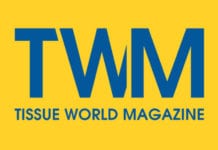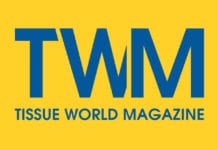(News from RISI) – China’s Shandong Sun Paper Industry will expand into the diaper segment, planning to market its products domestically by early May at the latest.
In March, the firm signed an agreement with Japanese Nippon Paper Industries (NPI) subsidiary Crecia to cooperate in the sector.
Crecia has a strong background in diaper production, and has developed a new baby diaper product branded as Suyappy.
According to the agreement, Sun Paper will be responsible for the marketing and sales of Suyappy products in China.
To improve its performance, Sun Paper has been committed to enriching its product portfolio in recent years.
The firm’s current strategy is that paper and board products contribute some 40% of its profits.
Dissolving pulp (DP), sylitol and fluff pulp will contribute another 30%, and rest will come from consumer products such as tissue and diapers.
In 2015, Sun Paper started up a 350,000tpy DP line at a greenfield mill in Zoucheng city, Shandong province, raising its DP capacity to around 550,000tpy.
Its first DP line, with a capacity of 200,00tpy, commenced production in late 2011.
The firm soon after developed high-margin products such as xylose, xylitol and related derivatives from DP.
In 2014, Sun Paper diversified into the tissue market by starting up a new 60,000tpy tissue PM at its mill in Yanzhou city, Shandong province.
Thereafter it increased its tissue capacity to 120,000tpy.
The firm’s expansion in the personal care and hygiene products industry is ongoing.
Prior to its move into the diaper sector, Sun Paper announced a plan to build a 700,000tpy fluff pulp plant in the USA, although the project is at a very preliminary stage.
The possible investment is believed to be in support of the firm’s aggressive expansion into the disposable healthcare products segment.
China has long been dependent on imports of fluff pulp, which is the main raw material to make diapers and other hygiene products.
Meanwhile, the aging population, the termination of the one-child policy and improving living standards will greatly drive the consumption of disposable healthcare products.






























